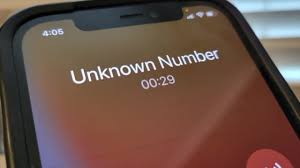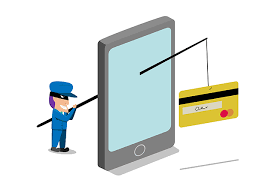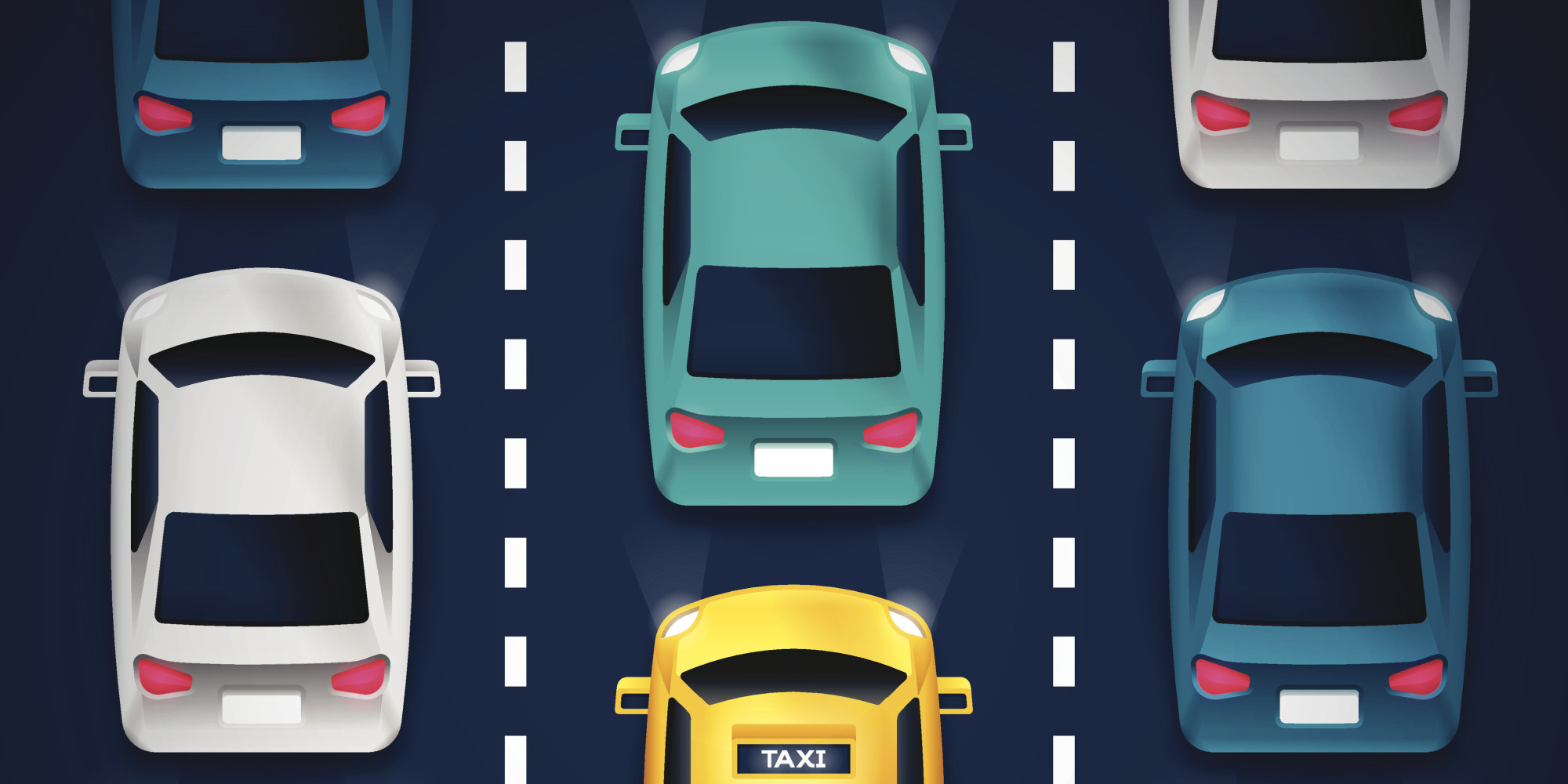An artificial intelligence-powered virtual assistant platform for senior living and care providers.
Betting that AI could lighten the clinician load.
Home Instead goal: Applying technology to make home care more efficient.
Mountain Empire serves about 3,000 people in Appalachia providing meals, transportation and personal care.

 For those few who still have landline phones, scammers make them ring. It has become a source of entertainment in our home to string
For those few who still have landline phones, scammers make them ring. It has become a source of entertainment in our home to string  Who do you trust? Rant on. A long
Who do you trust? Rant on. A long  Scammers are creative – each cell phone number is a 'smishing' opportunity. It's the holidays, when scammers want to wish you the best of everything. How about a text message with a picture of the sender, someone you know, pitching a fund-raising and time-limited opportunity – in a category the recipient knows well. Except that it is fake, finding the phone number because it is widely distributed. And as an added bonus, the sender extracts the picture from now-accessible contacts (easily scraped from LinkedIn, press releases, Gmail messages, etc.). Scammers seize the opportunity and send you a very believable text message.
Scammers are creative – each cell phone number is a 'smishing' opportunity. It's the holidays, when scammers want to wish you the best of everything. How about a text message with a picture of the sender, someone you know, pitching a fund-raising and time-limited opportunity – in a category the recipient knows well. Except that it is fake, finding the phone number because it is widely distributed. And as an added bonus, the sender extracts the picture from now-accessible contacts (easily scraped from LinkedIn, press releases, Gmail messages, etc.). Scammers seize the opportunity and send you a very believable text message. Reading the employee microchip article – does it make you shudder? Observe the development and evolution of modifiers for the word technology. Words like sustainable, appropriate, autonomous all come to mind. With the
Reading the employee microchip article – does it make you shudder? Observe the development and evolution of modifiers for the word technology. Words like sustainable, appropriate, autonomous all come to mind. With the  Many years ago, when the phone rang, we eagerly picked it up. That was then. For good or ill, families want to text, message and chat. And the phone call has turned into a source of harassment and scams. Robocalling is a modern torment, sometimes multiple back-to-back dials from the same source, often spoofing our
Many years ago, when the phone rang, we eagerly picked it up. That was then. For good or ill, families want to text, message and chat. And the phone call has turned into a source of harassment and scams. Robocalling is a modern torment, sometimes multiple back-to-back dials from the same source, often spoofing our  Too much road noise, no self-driving information. So how safe are self-driving cars for us, those pesky consumers who are also the victims of this
Too much road noise, no self-driving information. So how safe are self-driving cars for us, those pesky consumers who are also the victims of this